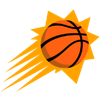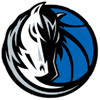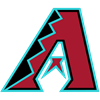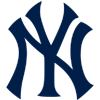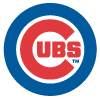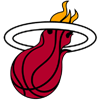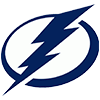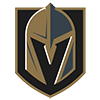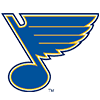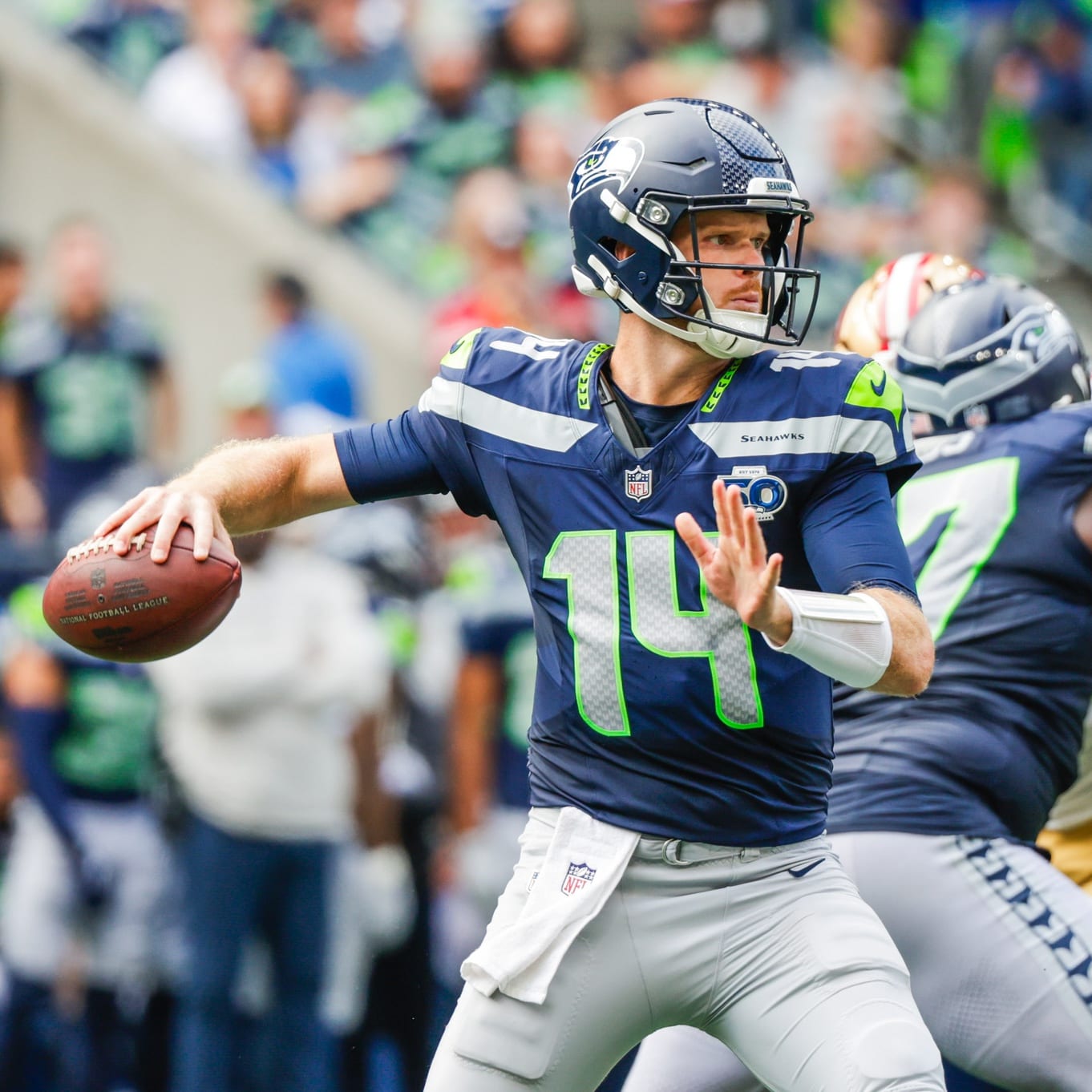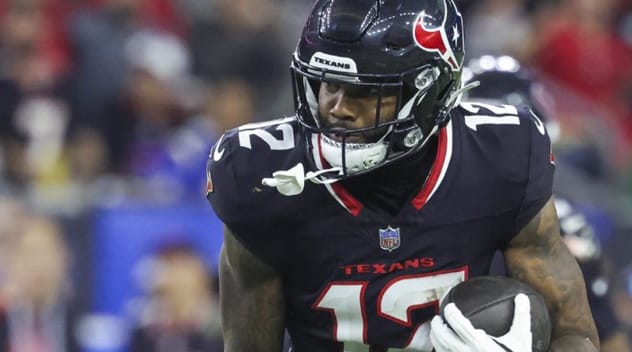The Jaguars quarterback spent last week in the concussion protocol but cleared the five-step program in time to play in Week 16 against the Buccaneers. Unfortunately, he could not finish the game after suffering a shoulder injury in the second half.
Details on the injury are limited, as the Jaguars continue to evaluate the joint. Fortunately, terminology utilized to describe shoulder injuries can provide insight we don't often get with other joints.
I briefly touched on this last week after Bengals wide receiver Ja'Marr Chase was injured, but the shoulder is made up of multiple articulations. The shoulder complex begins at the chest with the sternoclavicular (SC) joint. Here the clavicle (collarbone) connects to the sternum (breastbone) anchoring the bones of the upper extremity to the axial skeleton. On its opposite end, the collarbone articulates with the scapula (shoulder blade) forming the acromioclavicular (AC) joint. The AC joint allows extra range of motion in the shoulder and disperses force sent through the arm.
The third joint of the shoulder, the glenohumeral (GH) joint, is the one most people associate with the shoulder. It is the ball-and-socket joint of the shoulder, and its design allows the shoulder to have its high degree of mobility. Unfortunately, mobility is gained by sacrificing stability. Even though the area is reinforced by ligaments, muscle and the cartilaginous labrum, it remains vulnerable to injury.
There is one final articulation, the scapulothoracic joint, formed where the shoulder blade glides over the rib cage. While
The Jaguars quarterback spent last week in the concussion protocol but cleared the five-step program in time to play in Week 16 against the Buccaneers. Unfortunately, he could not finish the game after suffering a shoulder injury in the second half.
Details on the injury are limited, as the Jaguars continue to evaluate the joint. Fortunately, terminology utilized to describe shoulder injuries can provide insight we don't often get with other joints.
I briefly touched on this last week after Bengals wide receiver Ja'Marr Chase was injured, but the shoulder is made up of multiple articulations. The shoulder complex begins at the chest with the sternoclavicular (SC) joint. Here the clavicle (collarbone) connects to the sternum (breastbone) anchoring the bones of the upper extremity to the axial skeleton. On its opposite end, the collarbone articulates with the scapula (shoulder blade) forming the acromioclavicular (AC) joint. The AC joint allows extra range of motion in the shoulder and disperses force sent through the arm.
The third joint of the shoulder, the glenohumeral (GH) joint, is the one most people associate with the shoulder. It is the ball-and-socket joint of the shoulder, and its design allows the shoulder to have its high degree of mobility. Unfortunately, mobility is gained by sacrificing stability. Even though the area is reinforced by ligaments, muscle and the cartilaginous labrum, it remains vulnerable to injury.
There is one final articulation, the scapulothoracic joint, formed where the shoulder blade glides over the rib cage. While this joint is under-appreciated, it isn't commonly associated with major injuries.
Given the complexity of the shoulder, it is unsurprising that injuries to the area come in a wide range of varieties. If the issue is referred to as a separated shoulder, it is a sprain of the ligaments at the AC joint. A shoulder subluxation (partial dislocation) or dislocation occurs most commonly at the GH joint as the ball (the humerus) is forced out of the socket (the shoulder blade). The severity of injuries here depends on the extent of the damage accrued by the ligaments or labrum.
We do know that Lawrence has a sprain, meaning ligament damage has occurred at whatever joint is involved. A sprain of the GH joint would give him the most issues, though he could play through a low-grade sprain. Lawrence has been resilient all season and has not missed time despite suffering the concussion, a high-ankle sprain and a left knee sprain. However, the cumulative effects of these injuries are bound to affect his productivity, and his value against Panthers should be adjusted accordingly. C.J. Beathard would start if Lawrence misses any time.
Turf Burns
Keenan Allen: The Chargers veteran receiver has missed two straight games with a heel injury, and it remains unclear if he will suit up in Week 17. Allen has not practiced since sustaining the injury and he will need to be an active participant during the week if he is going to have a realistic shot at playing in Week 17. However, Los Angeles has officially been eliminated from postseason contention and could opt to take the conservative approach with Allen. Joshua Palmer finished Saturday's loss to Buffalo with five receptions on eight targets for 47 yards.
Ja'Marr Chase: Chase is poised to miss a second straight game with his AC sprain. One report stated the injury was believed to be more than a mild sprain, setting up a multi-week absence. Tee Higgins, fresh off his 140-yard, one touchdown performance against the Steelers, would be the biggest beneficiary if Chase sits again, though Kansas City poses a tougher matchup. The Chiefs currently surrender the third fewest points to opposing wide receivers.
Isiah Pacheco: The Chiefs running back suffered a concussion in the team's Christmas Day loss to the Raiders. By now, fantasy managers have familiarized themselves with the five-step return to play protocol that an athlete must complete after suffering the head injury. However, it is worth noting players who sustain concussions may be at a higher risk for soft tissue injuries. A 2022 study examining collegiate athletes found that those who suffered concussions were more likely to suffer a musculoskeletal injury of the lower extremity than those had not sustained a concussion. As a result, fantasy managers invested in players like Pacheco or Denver's Courtland Sutton, need to factor in a potential increase in inherent injury into their roster decisions. With Jerick McKinnon on the IR with a groin injury, Clyde Edwards-Helaire would start at running back if Pacheco is unable to complete the concussion protocol before Sunday.
Brock Purdy: The 49ers quarterback suffered his second stinger in as many weeks during the team's loss to the Ravens. He did not return to the game after sustaining the injury, but the decision to hold him out appears precautionary. It does not appear the initial injury was a contributing factor to Purdy's poor performance against Baltimore, but I will be monitoring the situation moving forward. While an acute stinger, an injury to the bundle of nerves between the neck and the shoulder, is not a serious problem, recurrent stingers can develop into one. Furthermore, there may be an underlying factor resulting in the multiple injuries, and that too would be more problematic. Consider him day-to-day for now but keep an eye on how Purdy is managed in the coming days. Sam Darnold is the next man up on the San Francisco depth chart if Purdy were to miss time.
Jaylen Waddle: The Dolphins receiver suffered an ankle sprain in the team's win over the Cowboys and it is believed to be a high-ankle sprain. High-ankle injuries are generally more problematic than lateral ankle sprains and require more time off to recover. It seems likely Waddle is unavailable for Week 17, and Miami may opt to hold him out for the remainder of the regular season as they shift the focus to the postseason. Cedrick Wilson would become the No. 2 receiver behind Tyreek Hill if Waddle is out.








